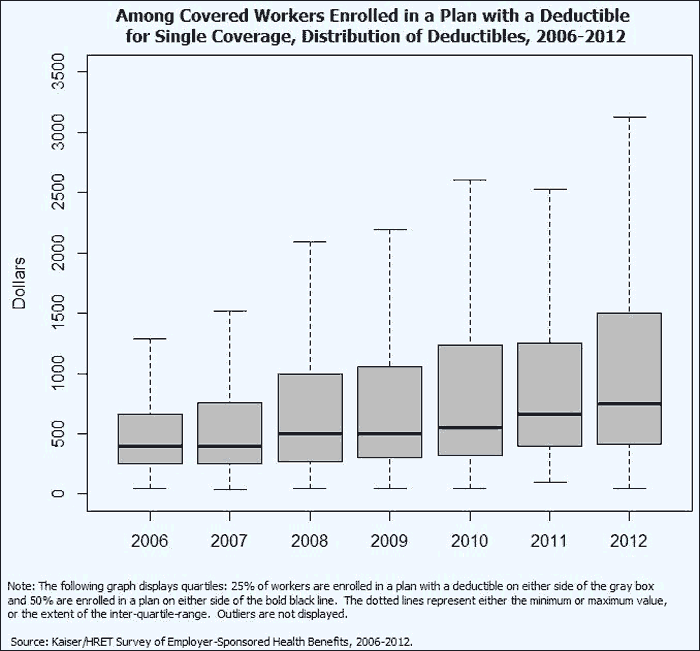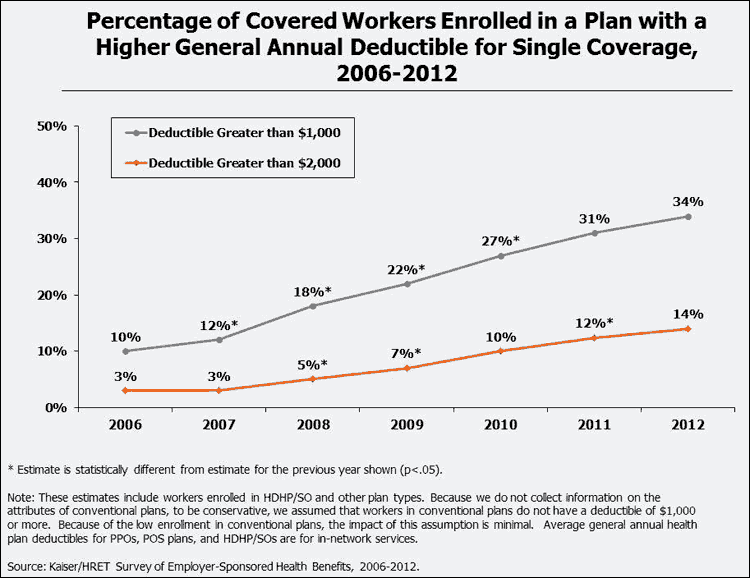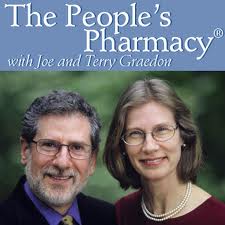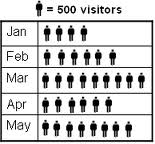 Since the recession hit hard a few years ago, health care expenditures have slowed dramatically. It now looks like, at least for medications, cost increases are making a comeback. For instance:
Since the recession hit hard a few years ago, health care expenditures have slowed dramatically. It now looks like, at least for medications, cost increases are making a comeback. For instance:
Nexium, a heartburn drug, had a 7.8% price hike to a $262 average prescription in the first nine months of 2012.
Enough to make your stomach hurt, yes?
According to the Bureau of Economic Analysis, medication prices rose 3.6% in 2012, twice the 1.7% inflation rate. One year does not a trend make. And the pharmaceutical industry is under a ton of pressure. Many of their best selling products have gone, or soon will go, generic. Even Nexium, which isn’t generic, faces stiff competition from generics that are just as effective for most people. That said, it is a good idea to find out how much your pills cost before you take them and, more importantly, find out if there are more affordable alternatives.
(Click here to view comments)



 In her deservedly best-selling book, The Immortal Life of Henrietta Lacks, Rebecca Skloot reproduces the language of Lacks’s informed consent document when she was about to undergoing her cancer surgery at Johns Hopkins in 1951:
In her deservedly best-selling book, The Immortal Life of Henrietta Lacks, Rebecca Skloot reproduces the language of Lacks’s informed consent document when she was about to undergoing her cancer surgery at Johns Hopkins in 1951: Here is a link
Here is a link Since the recession hit hard a few years ago, health care expenditures have slowed dramatically. It now looks like, at least for medications, cost increases are making a comeback. For instance:
Since the recession hit hard a few years ago, health care expenditures have slowed dramatically. It now looks like, at least for medications, cost increases are making a comeback. For instance: Andrews was easily the most anxious patient I took care of that month, a gray Michigan February (is there any other kind?) which I spent in the hospital caring for patients admitted to the general medical ward at the Ann Arbor Veterans Affairs Medical Center. (Andrews is a pseudonym, as are all the patients I blog about, unless otherwise indicated.) He had plenty to be anxious about, too. His leukemia was raging out of control, his blood looking like pus, teeming as it was with malignant white blood cells. At his age—he was almost 60—and after a decade of chronic bone marrow cancer, his disease was especially dangerous. Odds were high he would survive for less than a year.
Andrews was easily the most anxious patient I took care of that month, a gray Michigan February (is there any other kind?) which I spent in the hospital caring for patients admitted to the general medical ward at the Ann Arbor Veterans Affairs Medical Center. (Andrews is a pseudonym, as are all the patients I blog about, unless otherwise indicated.) He had plenty to be anxious about, too. His leukemia was raging out of control, his blood looking like pus, teeming as it was with malignant white blood cells. At his age—he was almost 60—and after a decade of chronic bone marrow cancer, his disease was especially dangerous. Odds were high he would survive for less than a year. “Revolutions are often fought over dichotomies—the king versus the people, the bourgeoisie versus the proletariat, and, of course, the autonomous patient versus the paternalistic doctor.” So observes Peter Ubel in the conclusion of Critical Decisions: How You and Your Doctor Can Make the Right Medical Choices Together.
“Revolutions are often fought over dichotomies—the king versus the people, the bourgeoisie versus the proletariat, and, of course, the autonomous patient versus the paternalistic doctor.” So observes Peter Ubel in the conclusion of Critical Decisions: How You and Your Doctor Can Make the Right Medical Choices Together. The first test tube baby was born July 25th, 1978 in the north of England. Louise Brown was called the “baby of the century” by some and a “moral abomination” by others. It wasn’t Brown who critics accused of being immoral, of course. She was just a blameless infant. Instead, it was her doctors who came under fire for their new fertility treatment—in vitro fertilization (or IVF). Roman Catholic theologians characterized this treatment as “unnatural”. Bioethicists fretted about the risk such treatments posed for mothers and children.
The first test tube baby was born July 25th, 1978 in the north of England. Louise Brown was called the “baby of the century” by some and a “moral abomination” by others. It wasn’t Brown who critics accused of being immoral, of course. She was just a blameless infant. Instead, it was her doctors who came under fire for their new fertility treatment—in vitro fertilization (or IVF). Roman Catholic theologians characterized this treatment as “unnatural”. Bioethicists fretted about the risk such treatments posed for mothers and children. As if being diagnosed with breast cancer wasn’t bad enough, many women with this diagnosis face complicated decisions about what kind of medicine or chemotherapy to take, if any, to reduce their chance of cancer recurrence. As I discussed in a
As if being diagnosed with breast cancer wasn’t bad enough, many women with this diagnosis face complicated decisions about what kind of medicine or chemotherapy to take, if any, to reduce their chance of cancer recurrence. As I discussed in a